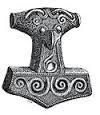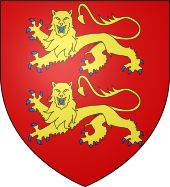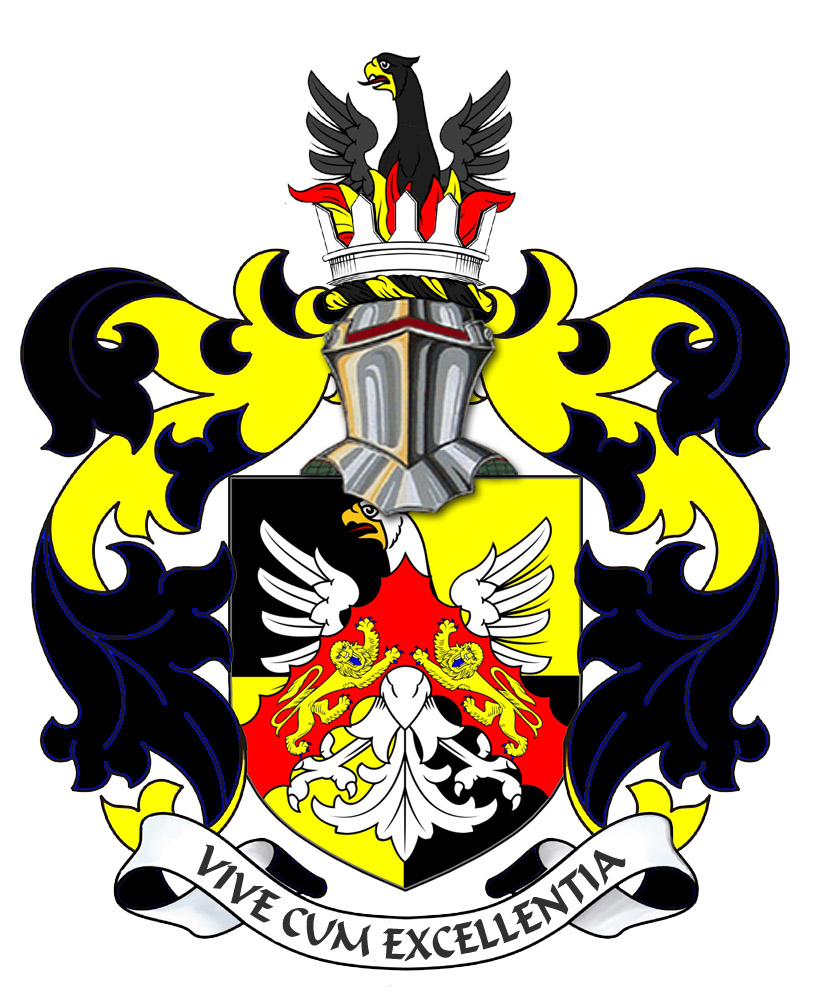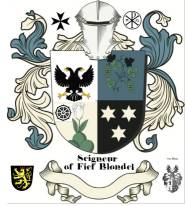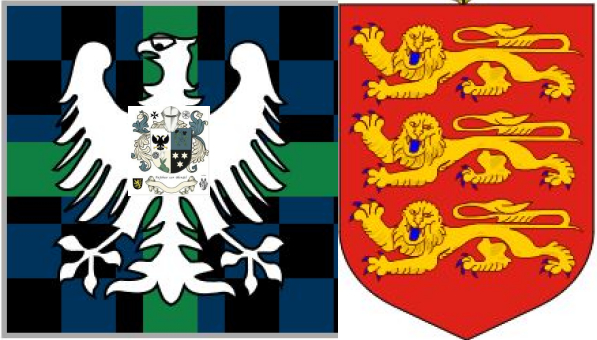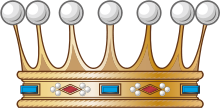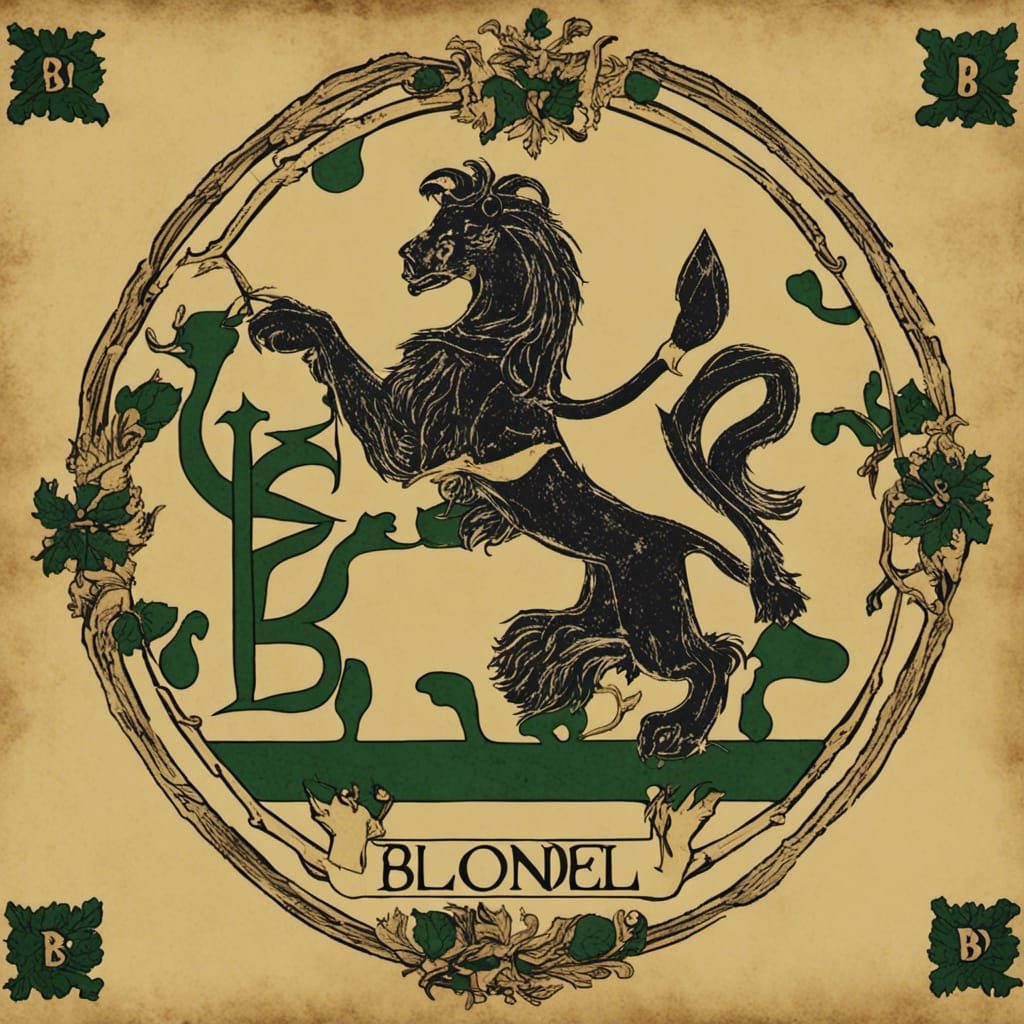Norse Danish Influence on Normandy and Guernsey
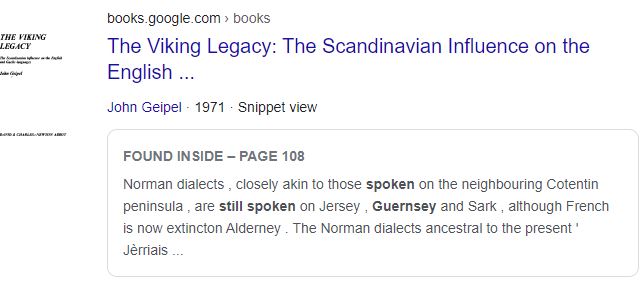

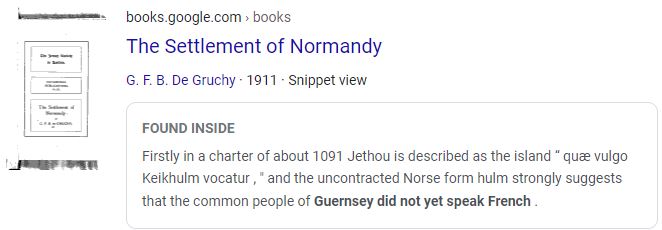
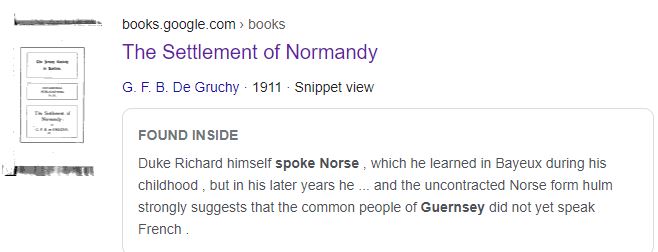
https://www.jstor.org › stable
by RP
deGorog · 1961 · Cited by
1 — languages and the other
Germanic languages which influenced the. Romance dialects of northern
France, the study of the
Scandinavian influence on Finnish is ...
https://www.thefrenchhistorypodcast.com › podcast › 7...
Jun 10,
2022 — The Northmen spoke Old
Norse, worshipped Odin, and had a militaristic culture based on raiding, values which
they brought to Francia. Yet, they ...
https://www.theislandwiki.org › index.php › Torode
Oct 3,
2020 — A treaty was signed by the French
King Charles the
Simple granting Rollo sovereignty over all the northern lands. This region then
became known ...
https://wikishire.co.uk › wiki › Guernsey
Jan 31,
2022 — The name Guernsey, as well
as that of neighbouring Jersey, is of Old Norse origin. The
second element of Guernsey (-ey) is the Old Norse for ...
https://www.iexplore.com › europe › united-kingdom
From the 10th to the 13th century, ownership of the strategically important archipelago swung back
and forth between the Duchy of Normandy, England, and the ...
During
the 9th century A.D., Norman invaders hailing from Scandinavia descended upon the northwestern shores of France.
Settling primarily along the lower reaches of the River Seine, they bestowed upon the region its enduring moniker:
Normandy, aptly named as the land of the Northmen. Through a series of conquests and raids, they gradually expanded
their sway, seizing Rouen in 841 and conducting further incursions along the Seine valley up to Paris. The
indigenous Franks found it challenging to stem the Norman tide, leading to a pivotal agreement in 911 between
Charles the Simple, King of the West Franks, and Rollo, the Norman leader. This accord saw the King relinquishing
territory around Rouen to the Normans, recognizing Rollo as Duke of Normandy in exchange for fealty. However, the
Cotentin peninsula and the Channel Islands remained beyond Norman control until Rollo's successor, William
Longsword, integrated them into his domain in 933. Thereafter, the Channel Islands became an integral part of the
Duchy of Normandy, evidencing Norman administrative and legal influence that endured through the ages.
Ecclesiastically, the islands fell under the jurisdiction of the diocese of Coutances, while legally, they
constituted the domain of the Norman Dukes, who granted estates as fiefs to monasteries and nobles.
|
